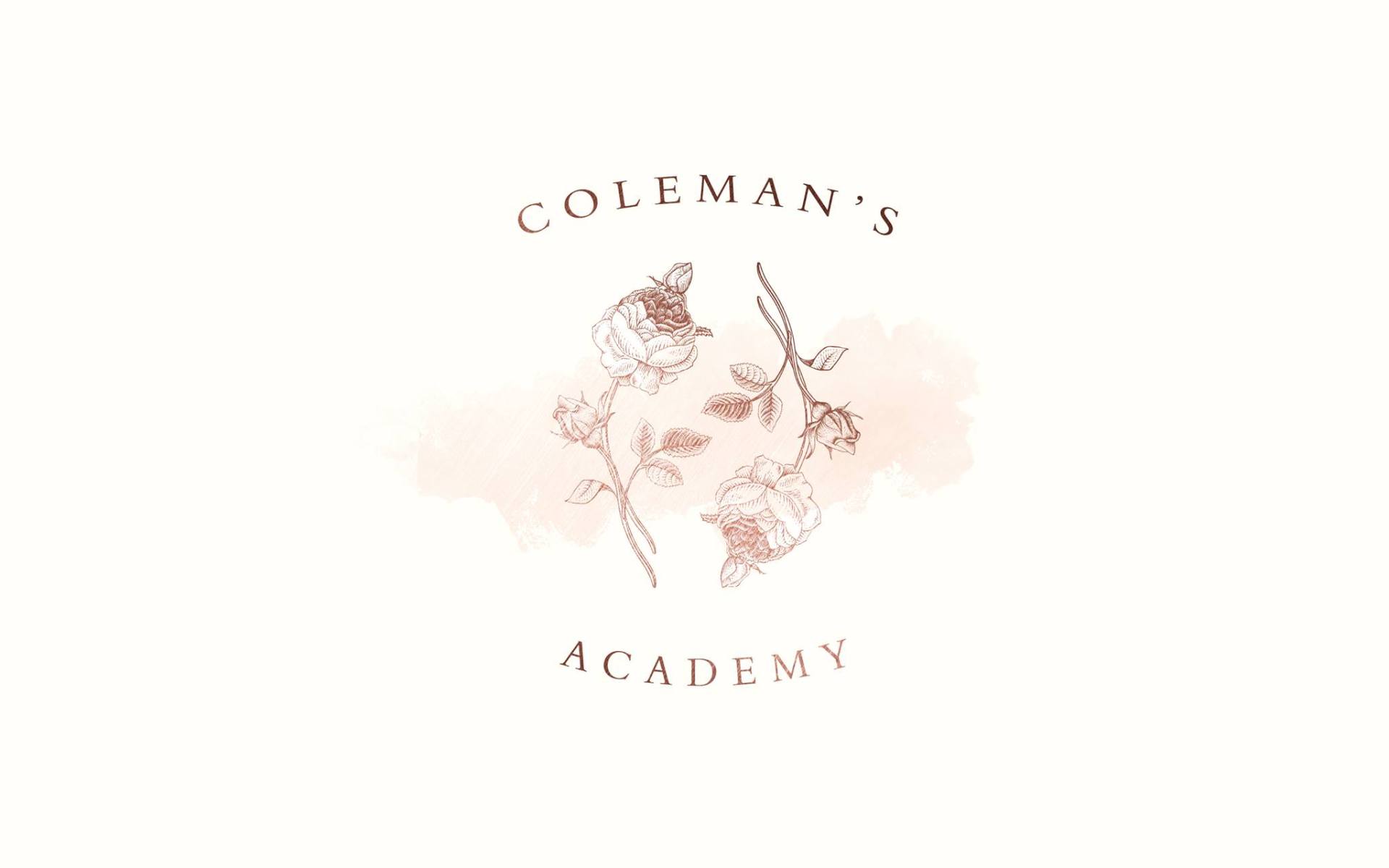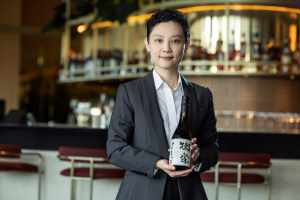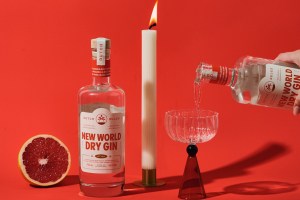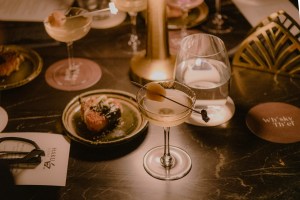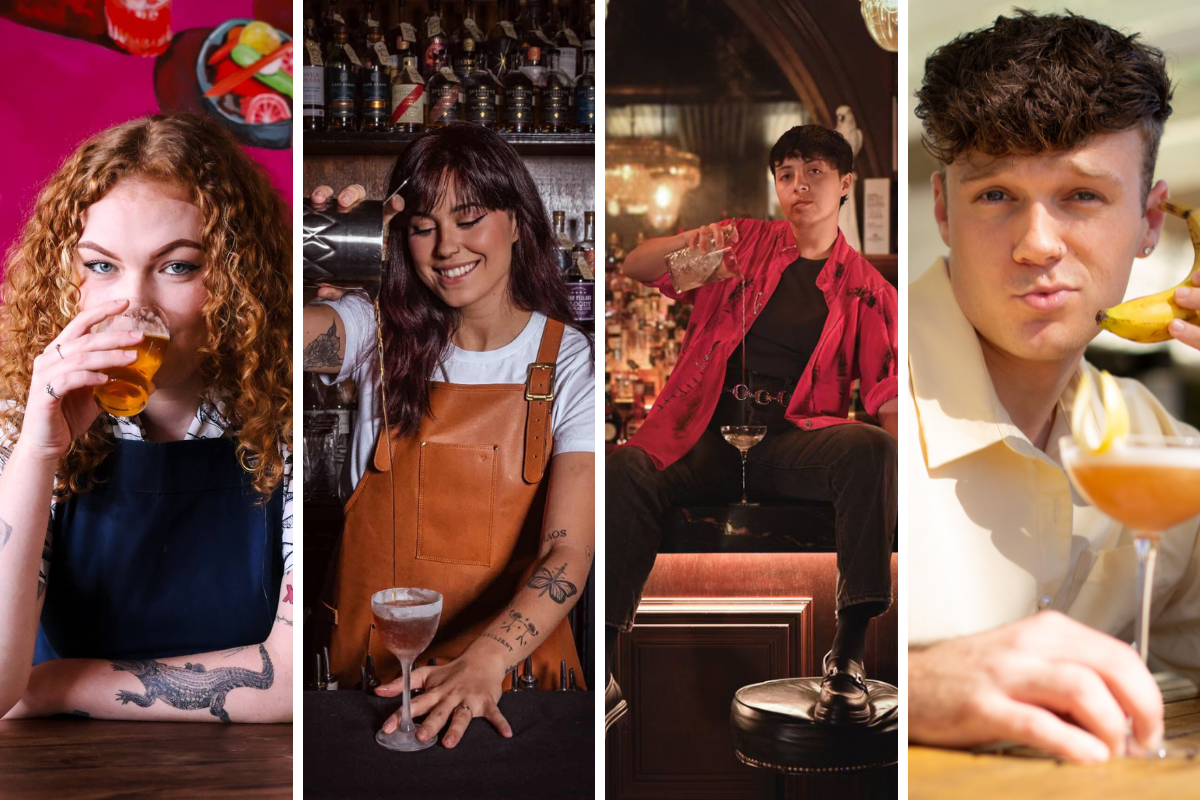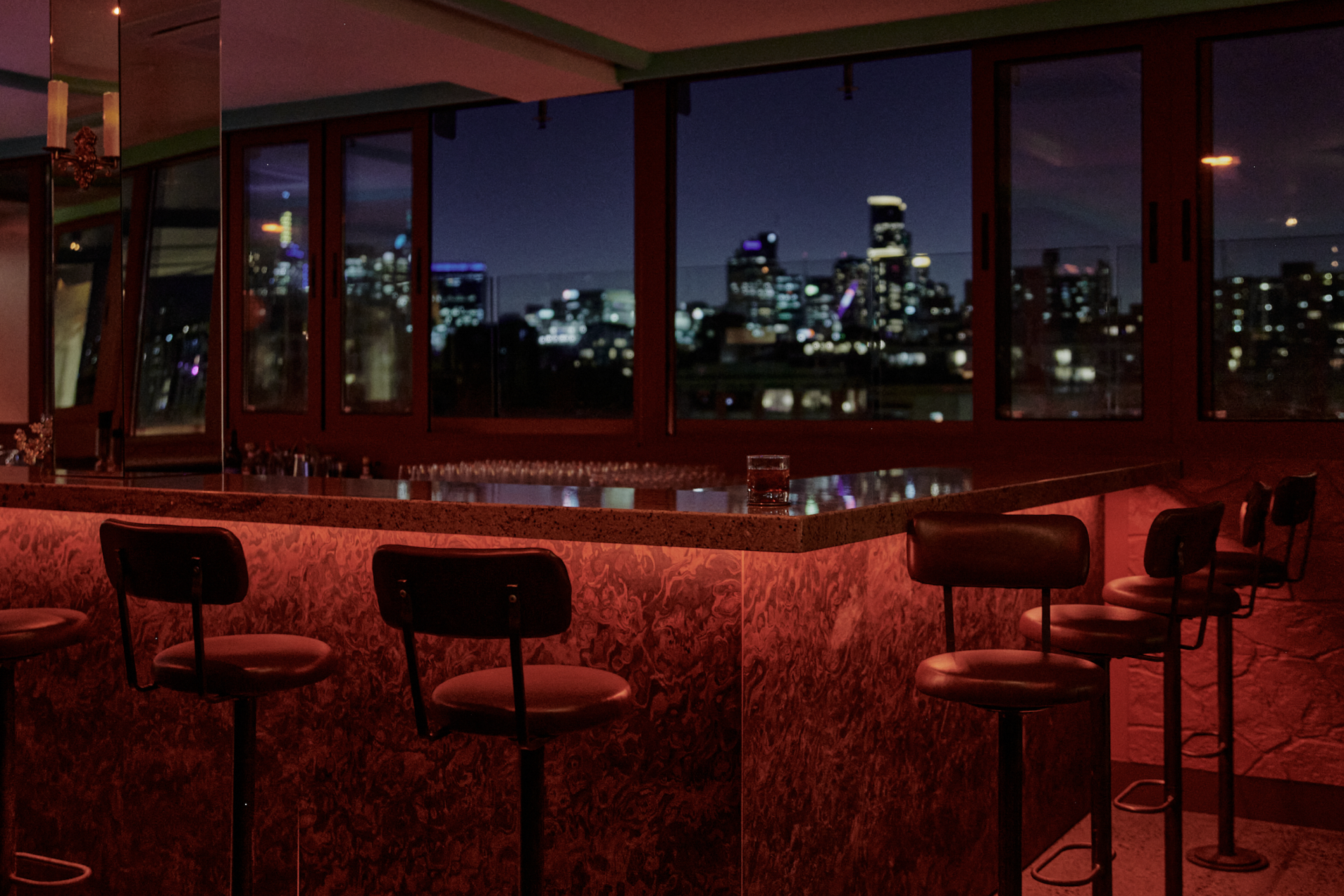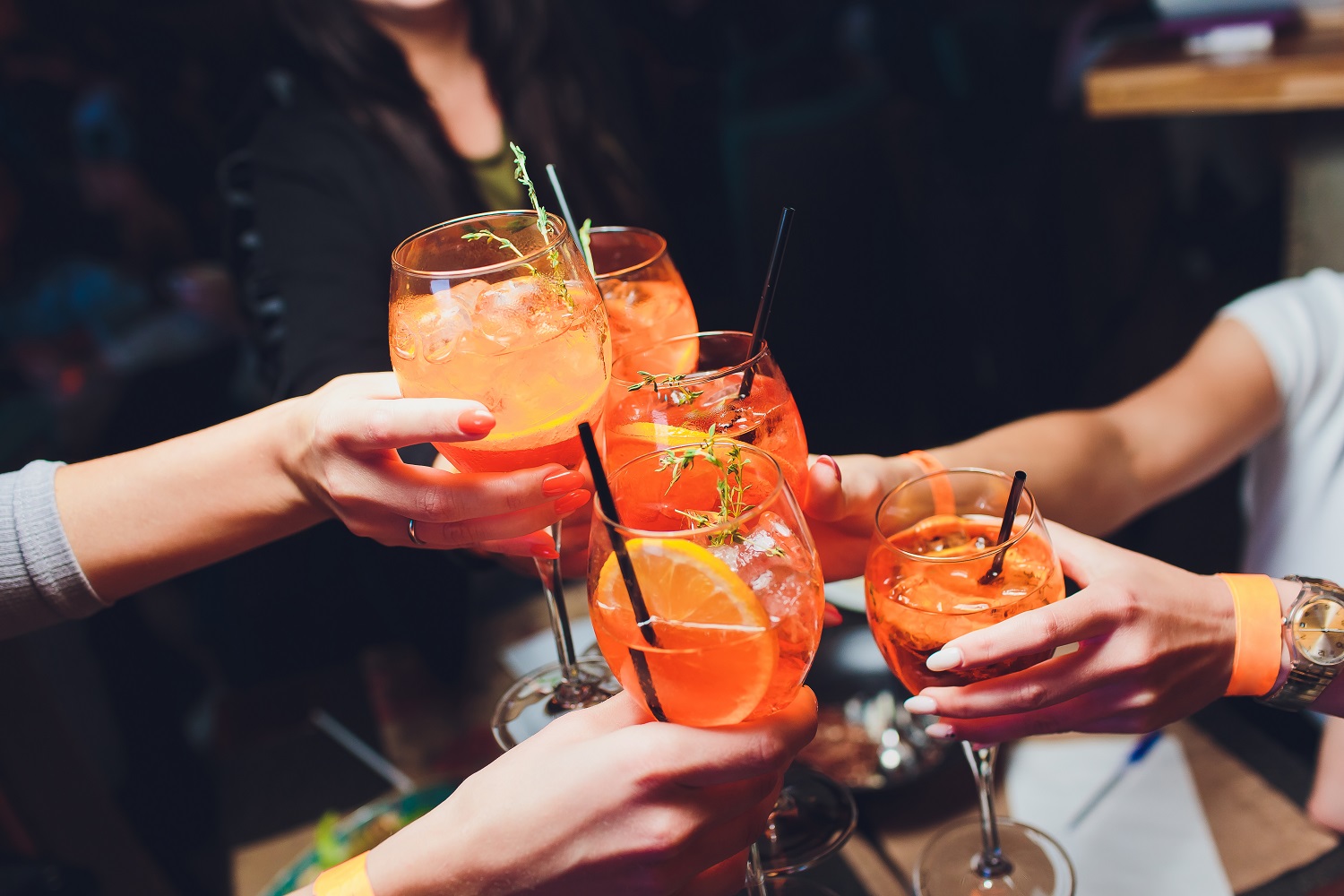A new program aimed at educating and supporting women in the bartending industry is quietly making waves in Sydney.
Launched in September 2015, Coleman’s Academy is the brainchild of award-winning bartender Paige Aubort, and its sole purpose is to facilitate the advancement of female professionals in bartending.
The not-for-profit organisation runs monthly forums that are run by women, for women – something that, according to Aubort, the industry was in dire need of.
“The gender inequality in the industry is quite obvious. Not in the fact that it’s a really sexist industry, but in the fact that you’ve got maybe one in every 40 bartenders is a female and when you progress into management or full-time cocktail bartending it’s very rare,” she says. “It’s not easy to make contact with other women. It’s a lot easier for men when they’re surrounded by other men in their bars, so they can just look to their left and their right and they have their friends.”
To find someone that you have common ground with is great. It gets so lonely. No matter how much you love the boys and no matter how much they are your family, you still want to turn to someone on your right hand side and be like “oh my god…” So I think it is finding people that relate to you more and all the pressures that come with this kind of work.”
The impetus to take the plunge and create a networking and support system for herself and other female bartenders came from a variety of frustrations that Aubort was facing in her own career.
“I had been expressing my frustrations at where is the networking, where are the communications, the female friendly competitions – why isn’t there more out there to encourage and support women?” she says. “When there are so few women in this industry, there are so few things to support what we’re working towards.”
Getting to a place where she was comfortably settled in her own career, Aubort says that she decided to set aside some time to work on a passion project, outside of work.
“I had attended something called All About Women at the Opera House, and it was amazing, I have never walked away from something feeling so inspired. And ultimately I wanted to create something that 20-year-old Paige would want to attend – so the idea came from that, to create a really safe environment. I’ve always like the idea of education and I’ve always been a fan of not-for-profit – I didn’t want to make money from this.”
The mentoring program Aubort has developed is working toward a number of goals including connecting senior and junior members in mentoring relationships; educating its members in all things bartending – including the role of women in the industry; discussing procedures, methods, projects and policies for female bartenders; and inspiring women to take their bartending careers to the highest possible level. The most recent session saw Jenna Hemsworth fly in to talk to attendees about her own, very successful, career.
Giving Women a Voice
Aubort is a strong believer in the fact that women in any industry need support to face potential backlash from standing up and making their voices heard with regard to issues that affect them personally: “It’s really important because in society in general women can often be shamed for either having quite strong voices or opinionated voices.
“Especially when they’re calling out instances that could potentially leave some scars or leave some marks – people being like “Oh I wouldn’t hire her, she’s got an opinion about ‘this’”. Or “I don’t want to hire her because she might cause a fuss later”, or “I don’t want to hire her because she can’t take a ‘joke’”, you know.
“I think it’s sad because in these instances where women speak out and say “hey that guy was a fucking asshole” or “that guy was sexist”, or “this stuff happened to me so I wasn’t hired here”, this stuff happens so often that women have to stop and think about whether or not they’re willing to put out that opinion because in the end it isn’t the person that did wrong by them, it’s the person complaining that gets blamed.”
Unsurprisingly, the organisation, and its events have garnered support from women across the board.
“The reaction as a whole has been incredibly positive – there hasn’t been anything bad. From beginner bartenders to career bartenders to the women who are older and now own their own bars, they’re grateful and they’re so appreciative. I think that is because the women in this industry are supportive, and loving, and kind, and it’s not just for the fact I was doing a project on my own, let alone that it was to benefit other people, they were always going to be supportive,” says Aubort.
Though, financial support has been a little more difficult to come by, with Aubort footing the bill for the sessions, and with costs running into the thousands it isn’t an easy task. Add to that fact the reality that a lot of brand teams have very few female staff members themselves, meaning that there is no one available to present products to attendees.
“Something that raised issues for me is that I was going to these really big companies and saying “hey, I want you to use Coleman’s as your platform – I just need you to show up with a woman from your company, ideally a brand ambassador, and they need present one product in your portfolio. Anything you want to do”. And the number of people who were like “We don’t have someone like that”. They don’t have a female staff member or a single female in the state that can come and speak about a product. It’s so fucking shit.”
So What’s Next?
While Coleman’s Academy is still very much in its infancy, Aubort has big plans for the organisation, saying that she would love to take the concept internationally, though that may be difficult as she has chosen not to monetise the business model.
“It would be amazing to, say, take three of the best Australian female bartenders and take them over to New York or London and do sessions. That would be awesome. When I look at it, I think I could have made money off this, but it’s just not my priority. So the progression is going to be a lot slower than if it was my sole business.”
Aubort is also a realist, noting that there is only so much that can be done if women aren’t willing to do the hard yards to get into the industry – it may be an amazing one to work in, but it is also a tough one.
“I think the industry is as welcoming as you want it to be. And if women aren’t applying for the jobs and aren’t willing to do the extra shifts and the physical labour then that’s an issue,” she says. “It’s not an easy job, but would I like the industry to progress so I can see more of an equal bar representation? Yes.”

